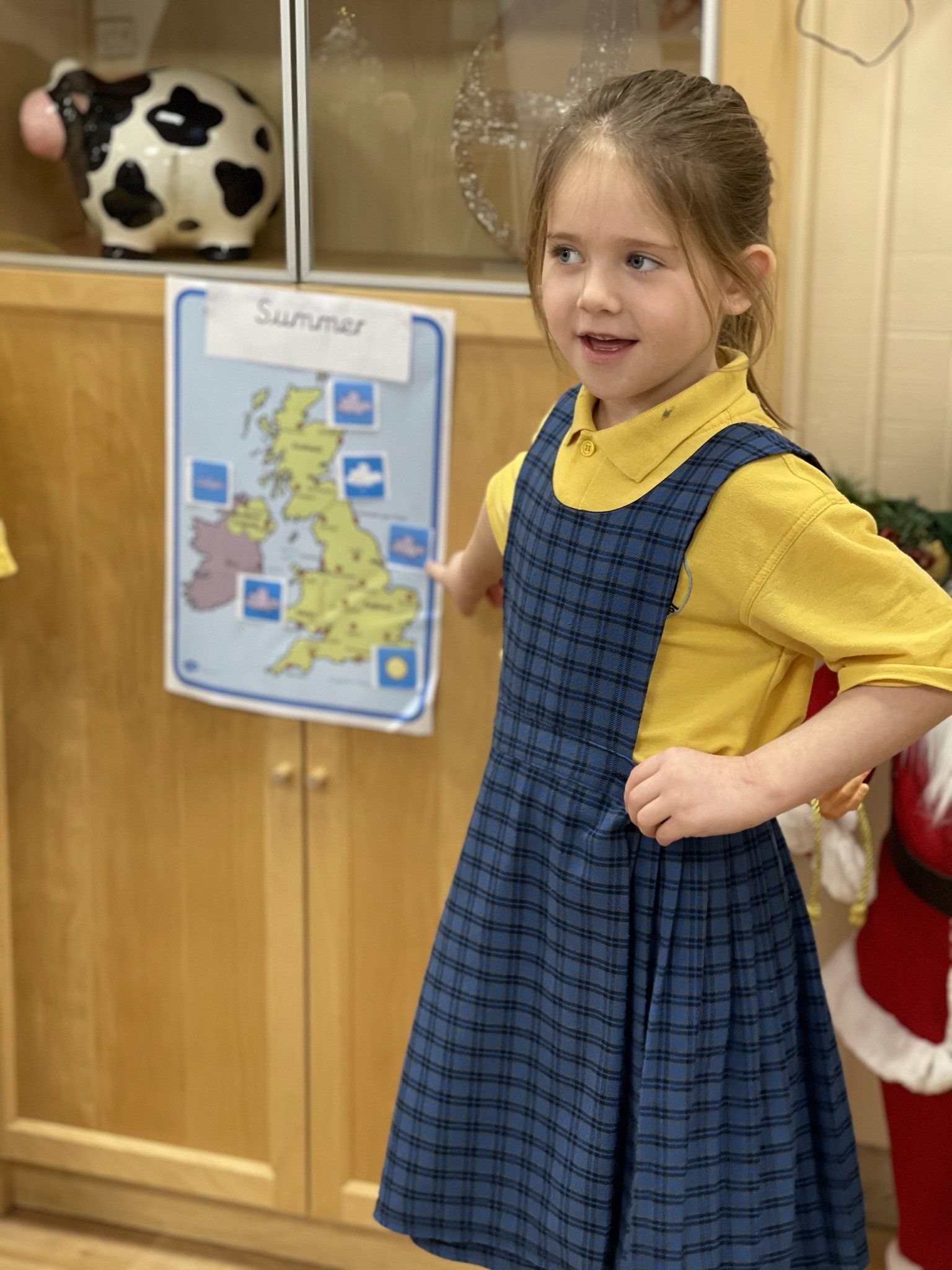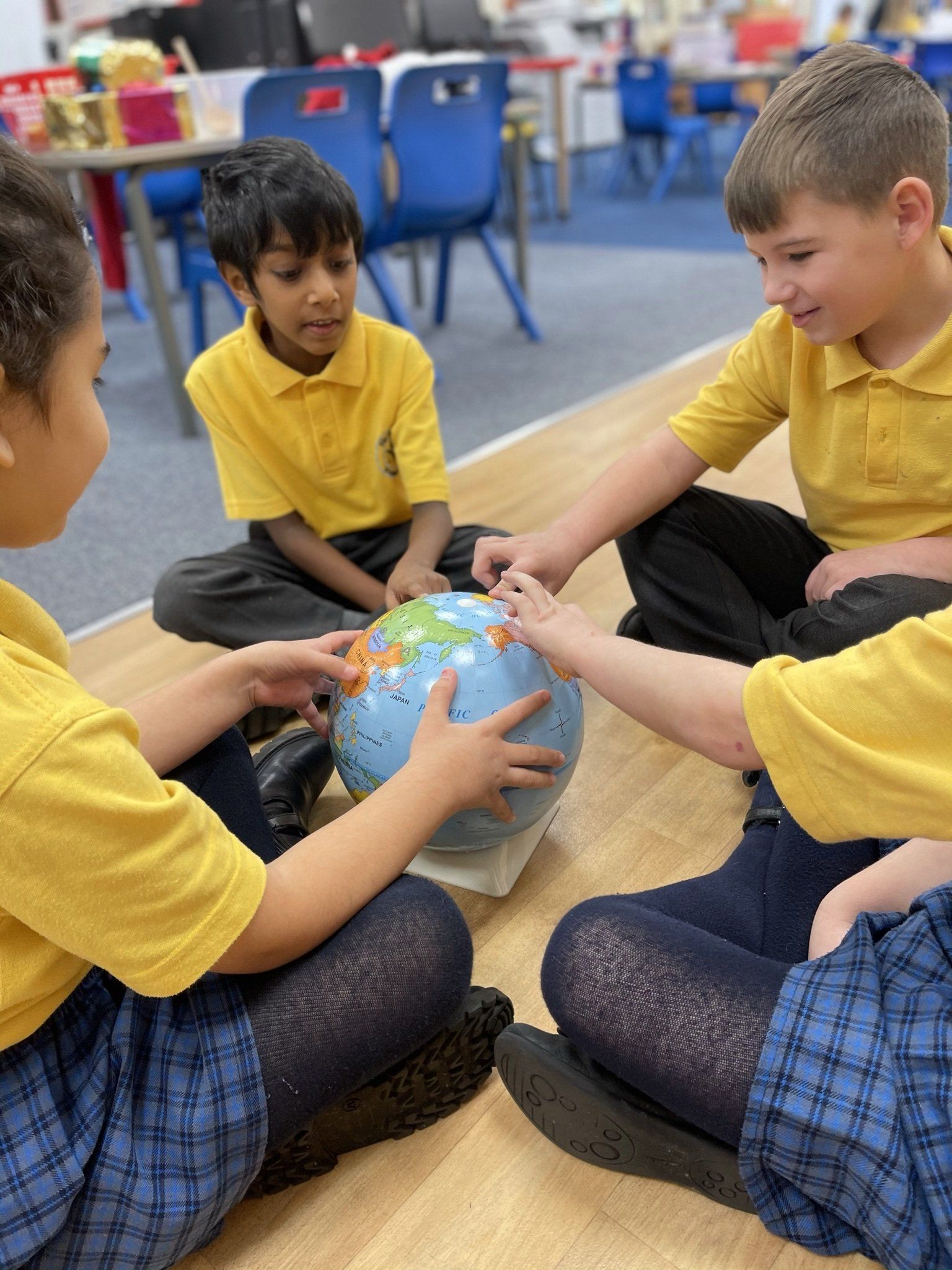NICOL MERE SCHOOL
Geography
Curriculum Statement
We want to inspire our children with a curiosity and fascination about the world and its people. Teaching will equip our pupils with the knowledge about diverse places, people, resources and natural and human environments, together with a deep understanding of the Earth’s key physical and human processes. As pupils progress, their growing knowledge about the world will help them to deepen their understanding of the interaction between physical and human processes, and of the formation and use of landscapes and environments. We want our children to gain confidence and practical experiences of geographical knowledge, understanding and skills.
Intent
- To provide an engaging curriculum that is broad, balanced and progressive.
- To provide our children with the knowledge and vocabulary needed to be confident geographers.
- To gain fieldwork skills needed to understand the human and physical geography of the world.
- To understand the complex ways in which communities and societies are linked and to appreciate the diversity of people’s backgrounds.
- To promote our school values which are closely linked to British values.
- To offer children new and exciting opportunities.
- To prepare our children for the next steps in their learning journey.
Implementation
Geography teaching focuses on enabling children to think as geographers. Our principal aim is to develop the children’s knowledge, skills and understanding in Geography and we use a variety of teaching and learning styles throughout Geography lessons. We believe that children learn best when:
· They have access to enquiry-based research activities.
· They go on visits to sites of geographical significance and places of interest.
· They have access to a variety of data such as maps, statistics, graphs, pictures and aerial photographs.
· They are shown, or use independently, resources from the internet and videos.
· They can use ICT in geography lessons where appropriate, including the production of digital maps (use of Digi-Maps).
· They are able to use non-fiction books for research.
· They are provided with opportunities to work independently or collaboratively, to ask as well as answer geographical questions.
· They engage in a variety of problem-solving activities in context.
· They are given time to reflect on their own learning by giving them opportunities to create visual prompts enabling them to recall how they learned about this place/environment, creating opportunities to identify links and relate places and environments to each other.
We recognise that we have children of differing abilities in Geography and we seek to provide suitable learning opportunities by matching the challenge of the task to the child’s ability. We achieve this by:
· Setting open-ended tasks which can have a variety of responses.
· Grouping children by ability and setting different tasks for each ability group.
· Providing resources of different complexity depending on the ability of the child.
· Using Teaching Assistants to support children individually or in groups.
· Organising children in such a way that they receive support from their peers.
In addition to the National Curriculum, some year groups study an element of local Geography. Our curriculum reflects the vast geographical changes that have shaped our local area both now and in the past. Children are encouraged to consider the role they play and how they can make positive contributions to the local community. Trips are organised so that the children can develop a deeper understanding as to how our local area looks and what it provides and how it has changed.
Impact
At Nicol Mere, we recognise the unique needs of each child and support them in reaching their human potential. We have a supportive ethos and our approaches support the children in developing their collaborative and independent skills, as well as empathy and the need to recognise the achievement of others. The impact of our Geography curriculum is measured in the experiences, confidence and competence of our children within the subject. We ensure children receive the experiences they require, both within and beyond the curriculum, to develop their skills and knowledge and become confident geographers.
By building on geographical concepts, children will deepen their understanding and be able to identify links between their own immediate environments and places around the world and the interactions between the physical and human environment. These studies will help children to recognise the importance of sustainable development for the future of mankind and how they can contribute towards it. Regular and meaningful school trips are taken by every year group to provide further relevant and contextual learning. These trips range from walks and fieldwork in the local area to a trip to the lake district and a river study. Progress in Geography throughout Nicol Mere is outstanding.
Geography Curriculum and Knowledge Organisers
ABOUT US
Any queries can be answered by Mrs Pugh, our senior administrator.
Any SENDs queries can be answered by Miss Norris, our SENDco, using the contact details given.
Please note: If you require a paper copy of the any of the information on the website, you can request this from the school office. Requests may take up to 10 working days.
CONTACT US
Tel: 01942 720871
E-mail: enquiries@admin.nicolmere.wigan.sch.uk





